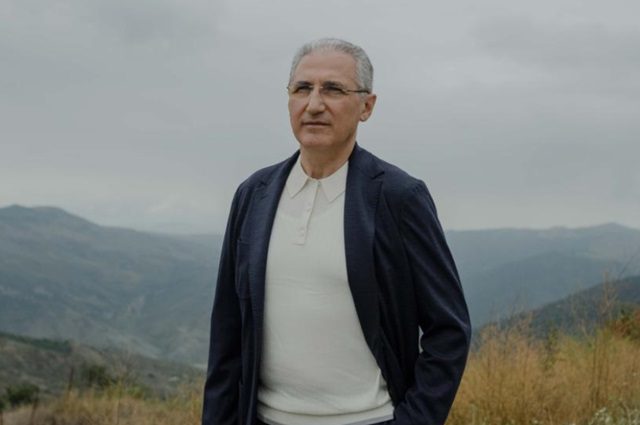BTN News: In a few months, diplomats from nearly every country around the globe will converge in Azerbaijan, a small petrostate nestled between Russia and Iran along the Caspian Sea, to deliberate on how best to avert the growing perils of climate change. Azerbaijan, with its heavy reliance on fossil fuels and a government that skews authoritarian, is an unlikely host for such a crucial event. Yet, the country is set to be the stage for COP29, the annual climate summit, largely due to a peculiar selection process by the United Nations that left it as the only viable option.
Mukhtar Babayev, a bureaucrat who unexpectedly found himself at the helm of these pivotal talks, acknowledges the oddity of Azerbaijan’s role. “We are not known for our green transition ideas,” admitted Babayev, a 56-year-old official thrust into the global spotlight. His team faces the daunting task of balancing a broad spectrum of interests, from dominant petrostates like Saudi Arabia to sinking island nations like Vanuatu. For a country that is new to the intricacies of global climate politics, the learning curve is steep.
The situation is further complicated by internal pressures within Azerbaijan, where many citizens are anxious about the global shift away from fossil fuels. Azerbaijan’s economy is almost entirely dependent on oil and gas exports, and the global consensus to rapidly phase out fossil fuels poses a significant threat to its economic stability. Despite this, Babayev made a case for continued fossil fuel production, particularly natural gas, which has played a crucial role in elevating Azerbaijan’s geopolitical standing in recent years. With Europe scrambling to replace Russian energy supplies, Azerbaijan has emerged as an important player.
Babayev argued that natural gas, when compared to oil and coal, is a “less harmful energy resource.” He posed a pointed question to European critics of gas: “If European countries are against gas, why are they asking for more from Azerbaijan?” This paradox highlights the tension between the urgent need to address global warming and the immediate energy demands of the world.
While the global alarm over climate change intensifies, Azerbaijan is only just beginning to explore alternatives to its oil and gas-based economy. The country, like many less developed nations, has argued that the wealthier nations, responsible for the majority of greenhouse gas emissions, should provide billions of dollars in aid to help them transition to cleaner energy sources.
The environmental toll of fossil fuel extraction will be on stark display during the summit in Baku, the Azerbaijani capital. From the conference venue, attendees will be able to see, across a sulfur-smelling lake, oil rigs sitting in pools of stagnant oil. Nearby, a refinery flares methane, one of the most potent greenhouse gases, day and night.
Azerbaijan’s selection as the host for COP29 was almost an accident. The United Nations rotates the hosting duties by region, and this time it was the turn of a country in Eastern Europe or the Caucasus. However, Russia vetoed most of the potential candidates, labeling them as hostile due to their stance on its invasion of Ukraine. Azerbaijan, as the last country standing, was chosen by default.
The decision to host the climate summit in a petrostate for the second consecutive year has caused unease among climate activists. Last year’s summit in Dubai, United Arab Emirates, was chaired by Sultan al Jaber, who also heads the Abu Dhabi National Oil Company. Although al Jaber managed to secure a commitment from all countries to phase out fossil fuels by mid-century, the final document also referred to natural gas as a “transition fuel.” This stance raised eyebrows among scientists who warn that investing in new gas production is incompatible with the goal of limiting global warming to 1.5 degrees Celsius above pre-industrial levels.
Babayev often defers to the guidance of Azerbaijan’s President, Ilham Aliyev, who has ruled the country since 2003 after taking over from his father. Since gaining independence in 1991, the Aliyev family has consolidated power and amassed significant wealth, largely thanks to fossil fuel revenues. Baku’s skyline is now dominated by skyscrapers owned by the Aliyev family and their associates.
“The government might now be thinking, ‘Okay, oil and gas are good, but let’s look to the future,’” Babayev suggested. The Azerbaijani government under Aliyev has indeed started to talk about investing in renewable energy, although this ambition remains coupled with ongoing gas exports.
As Babayev and his team prepare for COP29, they are keenly aware of the high expectations. The world remains on track for a temperature rise of more than 2 degrees Celsius, a trajectory that would have catastrophic consequences. The summit in Azerbaijan, with all its inherent contradictions, could play a pivotal role in determining whether the world can chart a course towards a more sustainable future.


